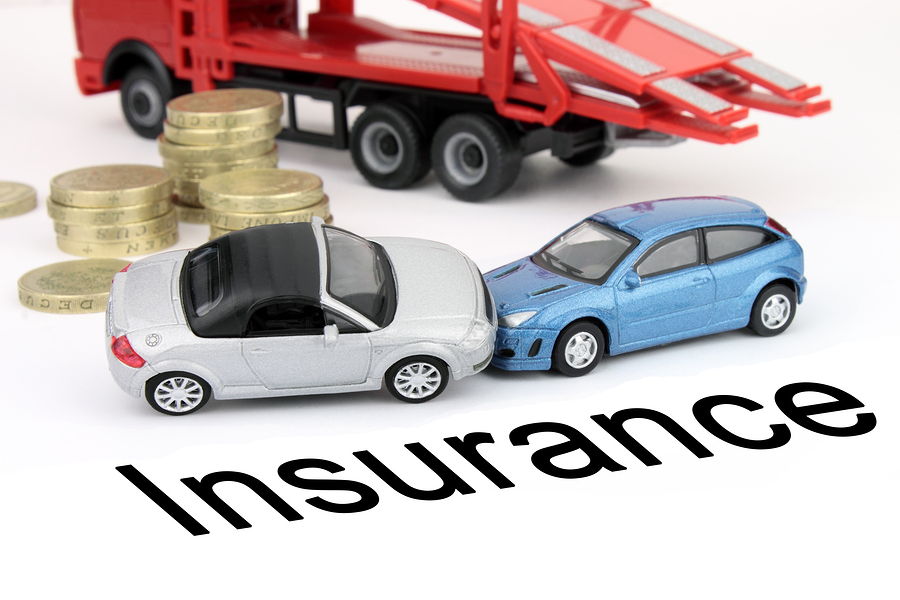1) Mileage
You should give careful thought to how much mileage your insurance needs to cover. Higher mileage always leads to higher premiums, so using an inflated estimate of how much you drive in an average year will end up costing you money on your insurance. This is not to imply that you should lowball your estimate or intentionally understate it; inaccurate mileage estimates may lead to higher claims costs or even get your claims denied.
Estimating your mileage is harder than you might think. Take a few moments to log your mileage over time and develop an accurate picture of how much you really drive in a given year. An estimate based on past data is generally the most accurate figure you can give.
2) Valuing Your Car
Accuracy counts when it comes to the value of your vehicle, too. If you over-estimate your car’s value, you’ll end up with an unnecessarily high premium according to https://www.moneyexpert.com/car-insurance/. This value will play a key role if your car is damaged beyond repair or stolen; estimated value will determine how much your insurer has to pay you in situations like this. A higher value translates into more risk for the insurer, so your premiums have to rise. (Insurers also expect more claims from owners with high-value cars.)
If you have no idea where to begin with estimating your car’s value, Parkers is an excellent place to start. Their estimates (available for cars manufactured after 1999) are free. Auto Trader also provides fast estimates, though theirs require paying a small fee.
3) Security
The risk of theft is a major factor in setting your insurance premium, so every step you can take to reduce that risk will translate into lower costs. Parking your car in a garage makes it more secure – even parking in a driveway is safer than parking on the street, and should, therefore, be reported to your insurer. Effective security equipment, such as an alarm, a tracker, and/or an immobilizer, can also reduce your insurance premium when you install them on your vehicle.
4) Usage
You need to pay careful attention when describing how you use your car on insurance forms. Premiums for commercial vehicles – or private vehicles used for business purposes – tend to be higher than those for cars used for private purposes such as commuting. Be truthful about how you use your car.
5) Multiple Car Usage
If you own more than one vehicle and use multiple cars to meet your transportation needs, be sure your insurer understands this. The premium for each car can be reduced if it is not a full-time vehicle.
6) Buying The Right Car
A lot of owners tend to overlook insurance considerations when buying a new car. If you hold your future premiums firmly in mind when shopping for a new vehicle, you can end up saving yourself significant amounts of money. As a general rule of thumb, insurance premiums go up based on the cost and engine size of a new car.
You may find it useful to check with insurers about how much a new vehicle will cost to insure before you make any final buying decisions. A good insurer can steer you away from those vehicles (e.g. sports cars) that are unusually expensive to insure.
7) Modifications
Most post-sale car modifications will end up significantly increasing your insurance costs. These include installing bigger engines, adding spoilers, or fitting alloy wheels. Especially extreme modifications may even void your existing insurance policy. If at all possible, keep your car as close to factory condition as possible.
8) Deductible Tinkering
One of the most dramatic ways to lower your insurance premium is to accept a larger deductible. This will oblige you to pay more out of your own pocket when you make a claim, but it can cut your insurance costs significantly. Higher deductibles reduce the amount of risk offered to the insurer, allowing them to cut your costs. Just exercise common sense and make sure you don’t stick yourself with unfeasibly high costs in the event of an accident.


